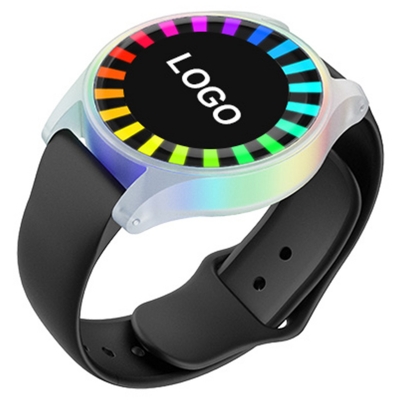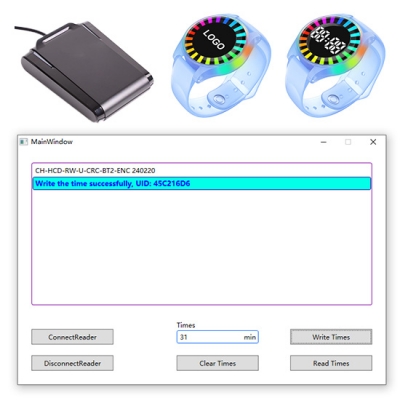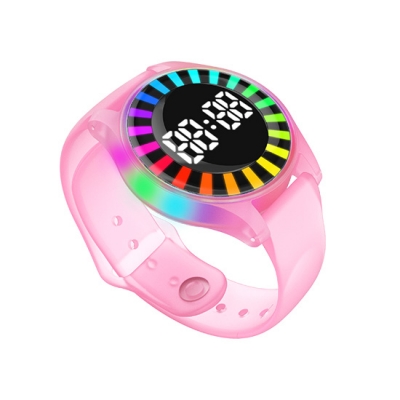In today’s fast-paced world, making strong first impressions and staying memorable are key goals for professionals in any field. The classic paper business card—while traditional and reliable—might be looking a bit outdated compared to modern alternatives. Enter RFID business cards: smart, high-tech cards designed to bridge the gap between the physical and digital worlds. But are RFID business cards really worth the investment? And who should consider making the leap?
What Are RFID Business Cards?
RFID (Radio-Frequency Identification) business cards contain a tiny chip and antenna embedded within the card. When tapped against a compatible reader, smartphone, or NFC-enabled device, the card transmits information instantly—anything from your contact details and company website to social media profiles and a digital portfolio. This seamless data exchange sets RFID cards apart from the standard paper cards we’ve all come to expect.
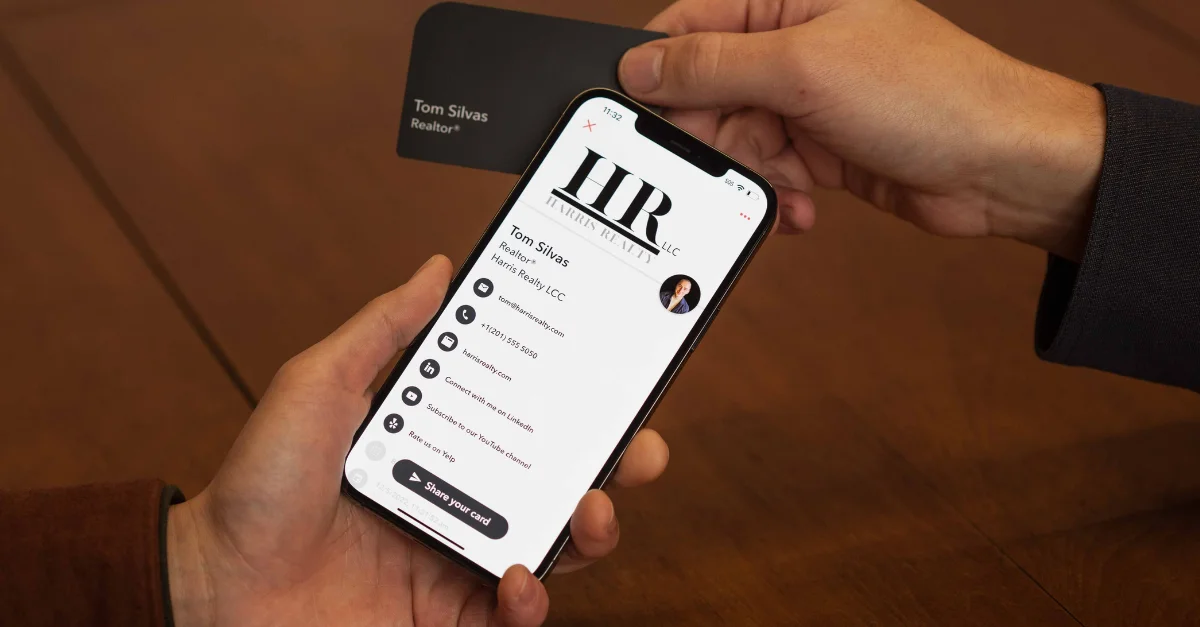
Why Consider RFID Business Cards?
Instant Digital Connection
With a quick tap, your contact can save your information directly to their phone, connect via LinkedIn, or visit your website. No manual typing or lost cards—just immediate, friction-free networking.
Enhanced Professional Image
RFID cards stand out as high-tech and innovative. They convey that you’re ahead of the curve and value efficiency—a great impression to make in industries where first impressions matter.
Eco-Friendly and Cost-Effective Long-Term
Traditional cards often get tossed or lost, requiring frequent reprints and contributing to paper waste. RFID cards are more durable and reusable, as information can be updated digitally in some models.
Who Benefits Most from RFID Business Cards?
Tech Professionals and Startup Founders
Showcase your embrace of innovation and digital transformation.
Sales Representatives and Marketers
Simplify connection, sharing brochures or demo links instantly.
Networking Enthusiasts and Event Attendees
Stand out in the crowd and make follow-up effortless.
Creatives and Freelancers
Share portfolios, galleries, or booking sites with just one tap.
Executives and Business Owners
Emphasize a forward-thinking brand image.
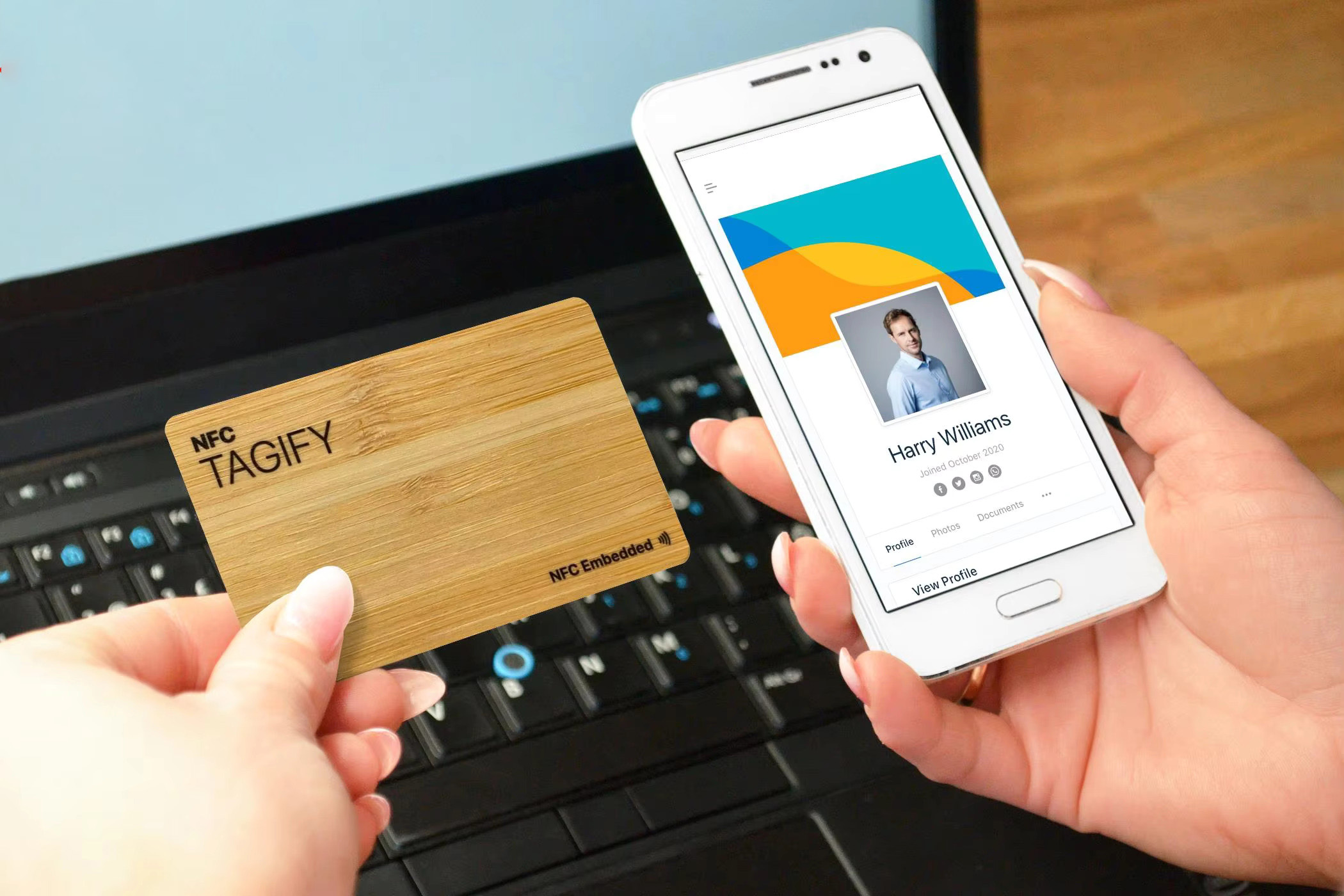
What Should You Consider Before Switching?
Compatibility
Not all recipients may have NFC-enabled devices; it’s wise to confirm your target audience’s tech habits.
Cost
RFID cards cost more upfront than paper cards. However, their longevity and impact can offset this over time.
Security & Privacy
Consider what information you share and that you control access appropriately. Some advanced cards allow for info changes remotely.
Personal Touch
While tech can impress, some people still appreciate the tactile and visual aspects of a traditional card. Combining both options might be ideal.
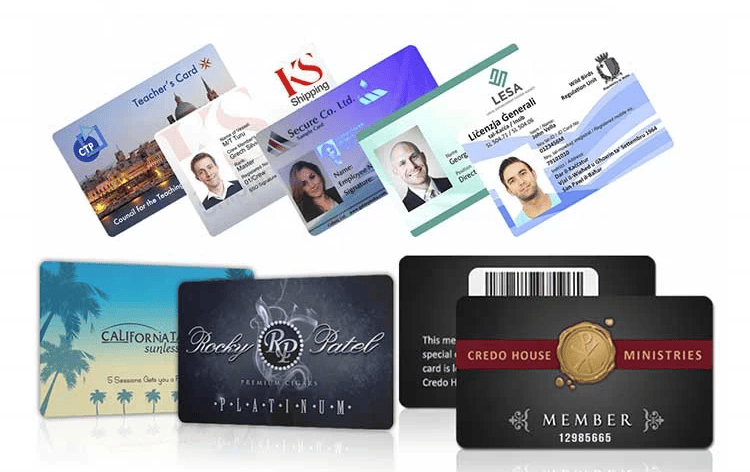
Conclusion
RFID business cards aren’t just a novelty—they’re a real step towards smarter, more effective networking. If staying ahead in your industry, projecting innovation, and simplifying your professional connections matter to you, RFID business cards are absolutely worth considering.
Have you tried RFID business cards, or are you thinking of making the switch? Share your thoughts below!











